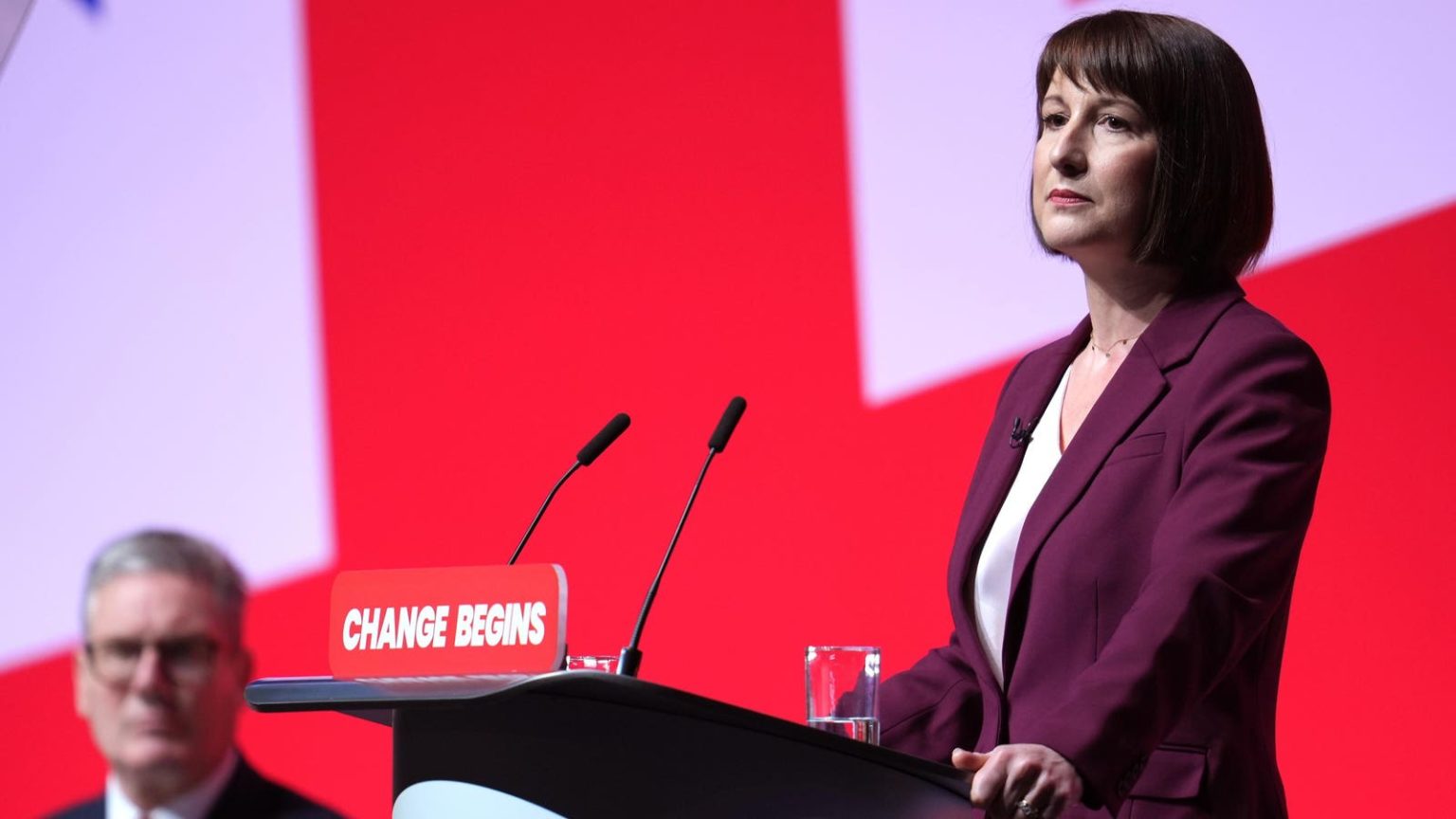The UK’s economic landscape is facing significant headwinds, marked by a sharp decline in hiring activity and plummeting business confidence. The latest data paints a concerning picture of employers scaling back their recruitment plans, driven by a combination of factors, most notably the recent tax hikes implemented in the Autumn Budget. This retrenchment is impacting both permanent and temporary positions, signaling a broad-based reassessment of staffing needs across various sectors. The situation is further exacerbated by rising redundancies, contributing to an increase in available workers, a trend that typically precedes a more pronounced economic downturn. This confluence of factors is fueling anxieties about the UK’s economic trajectory and the potential for a more protracted period of stagnation or even contraction.
The decline in hiring activity is not an isolated phenomenon but rather a symptom of deeper economic malaise. Business confidence has sunk to its lowest point in almost two years, reflecting a growing pessimism about the future. Companies are grappling with a multitude of challenges, including increased operating costs, primarily driven by the recent tax increases, and a simultaneous softening of consumer demand. This dual pressure on both revenue and expenses is squeezing profit margins, forcing businesses to reassess their investment and expansion plans. The prevailing uncertainty about the economic outlook is further discouraging businesses from taking risks, leading to a cautious approach to hiring and a greater focus on cost-cutting measures.
The Autumn Budget, presented by Finance Minister Rachel Reeves, has become a focal point of contention. While the government argues that the £40 billion in tax hikes are necessary to stabilize public finances and bolster public services, the business community has expressed strong reservations about the potential negative consequences. The increased National Insurance payroll tax and higher minimum wage requirements are placing a significant burden on employers, particularly small and medium-sized enterprises (SMEs) that are often operating on tighter margins. These increased costs are not only impacting hiring decisions but are also likely to contribute to inflationary pressures as businesses pass on some of these expenses to consumers through higher prices.
The concerns raised by business groups are not merely rhetorical. There is a tangible impact on investment, innovation, and ultimately, economic growth. When businesses are forced to prioritize cost-cutting measures and reduce their workforce, it inevitably leads to a slowdown in economic activity. The reduced investment in research and development, capital expenditures, and expansion plans further hampers long-term growth prospects. This creates a vicious cycle where declining business confidence leads to decreased investment, further dampening economic activity and reinforcing the negative outlook.
The current economic climate presents a significant challenge for policymakers. Balancing the need for fiscal responsibility with the imperative to support businesses and stimulate economic growth is a delicate balancing act. While the government’s efforts to address the fiscal deficit are understandable, the potential negative consequences of significant tax hikes on businesses cannot be ignored. Finding a sustainable path forward requires a more nuanced approach that considers the broader economic impact of policy decisions.
Moving forward, a more collaborative approach between the government and the business community is crucial. Open dialogue and a willingness to consider alternative solutions are essential to navigating the current economic challenges. Policies that encourage investment, innovation, and entrepreneurship are vital to fostering a more dynamic and resilient economy. Addressing the skills gap and investing in education and training programs can also help businesses access the talent they need to thrive in a rapidly evolving global landscape. Ultimately, a balanced approach that considers both fiscal prudence and economic growth is essential for ensuring the long-term prosperity of the UK economy.

